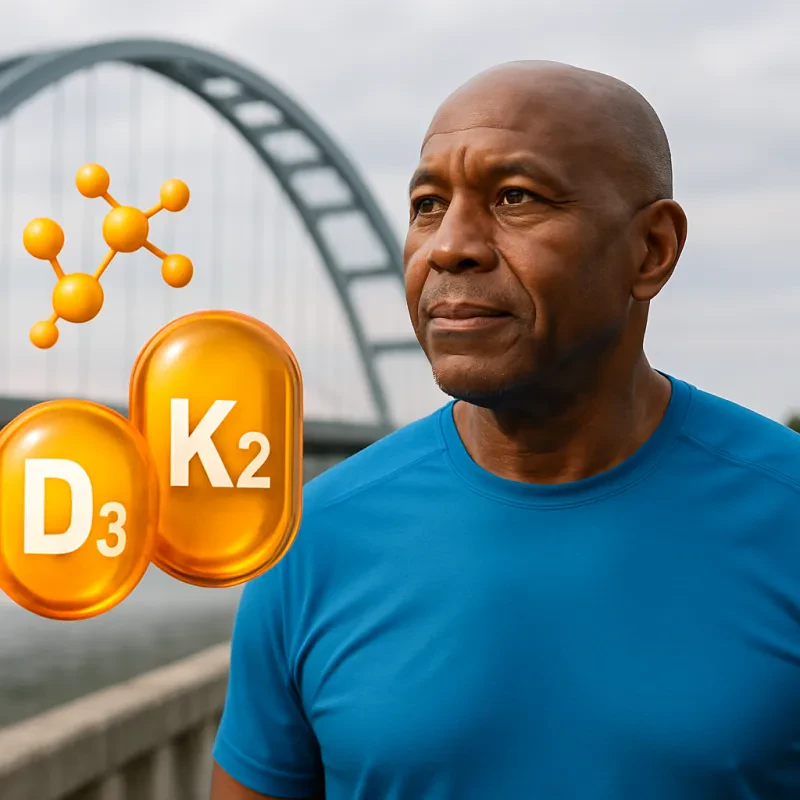What Is the Prostate and Why Does It Matter?
The prostate is a walnut-sized gland located just below the bladder. Its main job is to produce the fluid that nourishes and carries sperm during ejaculation. While it’s small, when cancer develops in this gland it can impact not only urinary and sexual health but also overall quality of life.
Prostate cancer is one of the most common cancers in men. The good news is that it usually grows slowly, and many men may never experience symptoms or require treatment. For others, however, prostate cancer can become more aggressive and cause significant health challenges if not addressed early.
Why Early Awareness Is Important
Prostate cancer often goes unnoticed in its early stages. In fact, some men may live with it for years without knowing. Still, awareness of potential warning signs can make a difference:
-
Difficulty starting or maintaining urination.
-
Blood in urine or semen.
-
Pain or burning during urination or ejaculation.
-
Persistent lower back, hip, or pelvic discomfort.
These symptoms don’t always mean cancer, but they’re worth discussing with a healthcare professional.
Common Treatment Options Explained
Prostate cancer is not a one-size-fits-all condition. Treatment depends on the stage of cancer, your age, overall health, and personal preferences. Here are the most recognized options:
-
Active Surveillance: For very slow-growing prostate cancers, doctors may recommend regular monitoring rather than immediate treatment. This avoids unnecessary side effects while keeping the situation under close watch.
-
Surgery (Prostatectomy): The removal of the prostate gland, often recommended when cancer is caught early. It can be effective but carries risks, including changes in urinary control and sexual function.
-
Radiation Therapy: High-energy rays target and kill cancer cells. Delivered externally or internally (brachytherapy), radiation may cause fewer short-term complications than surgery but can still affect urinary and sexual health over time.
-
Hormone Therapy: Since prostate cancer cells feed on testosterone, lowering hormone levels or blocking their action can slow the disease. Often used alongside radiation or surgery for more advanced cases.
-
Chemotherapy: Usually reserved for cancers that have spread beyond the prostate, chemo uses powerful drugs to destroy fast-growing cells. It can be effective but often comes with fatigue, nausea, or lowered immunity.
Assessing Your Personal Health Needs
Every man’s journey with prostate cancer is unique. Finding the right treatment path means understanding not only the disease but also yourself.
Ask yourself:
-
How aggressive is my cancer?
-
What other health conditions do I have?
-
What side effects am I willing to accept?
-
What are my goals — longer survival, fewer side effects, maintaining quality of life?
Your age, fitness level, and daily lifestyle all shape the right choice. For example, an active 50-year-old may prioritize aggressive treatment, while an older man with slow-growing cancer may choose monitoring to avoid side effects.
Questions to Ask Your Doctor
The most powerful step you can take is having an open, honest conversation with your healthcare team. Here are key questions to bring to your next appointment:
-
What stage and grade is my cancer?
This determines how advanced it is and which treatment paths make sense. -
What are my treatment options and why?
Ask about active surveillance, surgery, radiation, hormone therapy, and others. Request the pros and cons of each. -
What side effects should I expect?
Be direct: Will this affect my ability to urinate normally? Will it change my sexual health? How will I manage fatigue or other side effects? -
How will this treatment affect my daily life?
Will you need time off work? Will you be able to exercise or maintain your routines? The answers help you prepare mentally and practically. -
What support is available?
Ask about diet, lifestyle, support groups, and whether integrative options (like supplements, stress management, or physical therapy) can complement standard care.
Finding Strength in Community and Support
No one should face prostate cancer alone. From national organizations to local survivor groups, there are resources designed to educate, encourage, and guide you through the process. Talking to other men who’ve walked this path can provide insights and reassurance that medical statistics cannot.
Final Word
A prostate cancer diagnosis can feel overwhelming, but information is power. By understanding your condition, knowing your options, and asking the right questions, you take control of your health journey. With the right medical guidance and support system, you can face prostate cancer with clarity and confidence.


